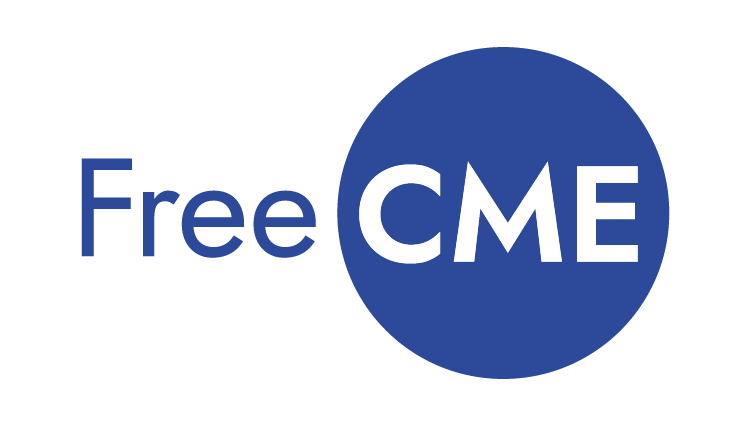
Micromodule Discussion Series: Incorporating New Regimens for Optimal Management of Early-Stage and Advanced NSCLC
CME: 1.5
View Course

Unlocking Excellence: Empower Your Practice for Timely Glycemic Control and Personalized Weight Management in T2D!
CME: 1.5
View Course

The Continuum of HIV Care in Rural and Underserved Communities: Strategies for Addressing Treatment Disparities
CME: 3
View Course

On the Horizon: HER3-Targeted Antibody-Drug Conjugates for Advanced Solid Tumors
CME: 0.5
View Course

Updates in Multiple Sclerosis – A Focus on Integrated Disease Management
CME: 2.75
View Course

Eliminating HIV Stigma in the Healthcare Setting: A Patient-Centered Response
CME: 0.75
View Course

Chronic Lymphocytic Leukemia (CLL) in the Community Setting
CME: 2
View Course

Right Treatment, Right Patient: Evidence-Based Approaches to the Treatment of Moderate-to-Severe Atopic Dermatitis
CME: 2.75
View Course

Future Directions in Pulmonary Arterial Hypertension: Novel Treatment Pathways, Evolving Treatment Paradigms, Addressing Differences in SDoH
CME: 1
View Course

PrEP Uptake and Delivery: Strategies for Reducing Barriers in Rural and Underserved Communities
CME: 3
View Course

Beyond Antiplatelet Therapy: Advances in CAD/PAD Management
CME: 1
View Course

LDL-C LIMBO: Employing Strategies to Reach LDL-C Goals When Statin Therapy Is Not Enough
CME: 4.5
View Course
Additional Series
Tackling the Opioid Crisis: Strategies to Improve Best Practices and Patient Outcomes
View Courses
The freeCME® Difference

Current Topics
Get the latest information on today's medical climate.

Large Course Library
300+ free courses and webinars to choose from.

Convenient
Accessed content on mobile, desktop or tablet devices.

Accredited
Course listings contain accreditation information.






